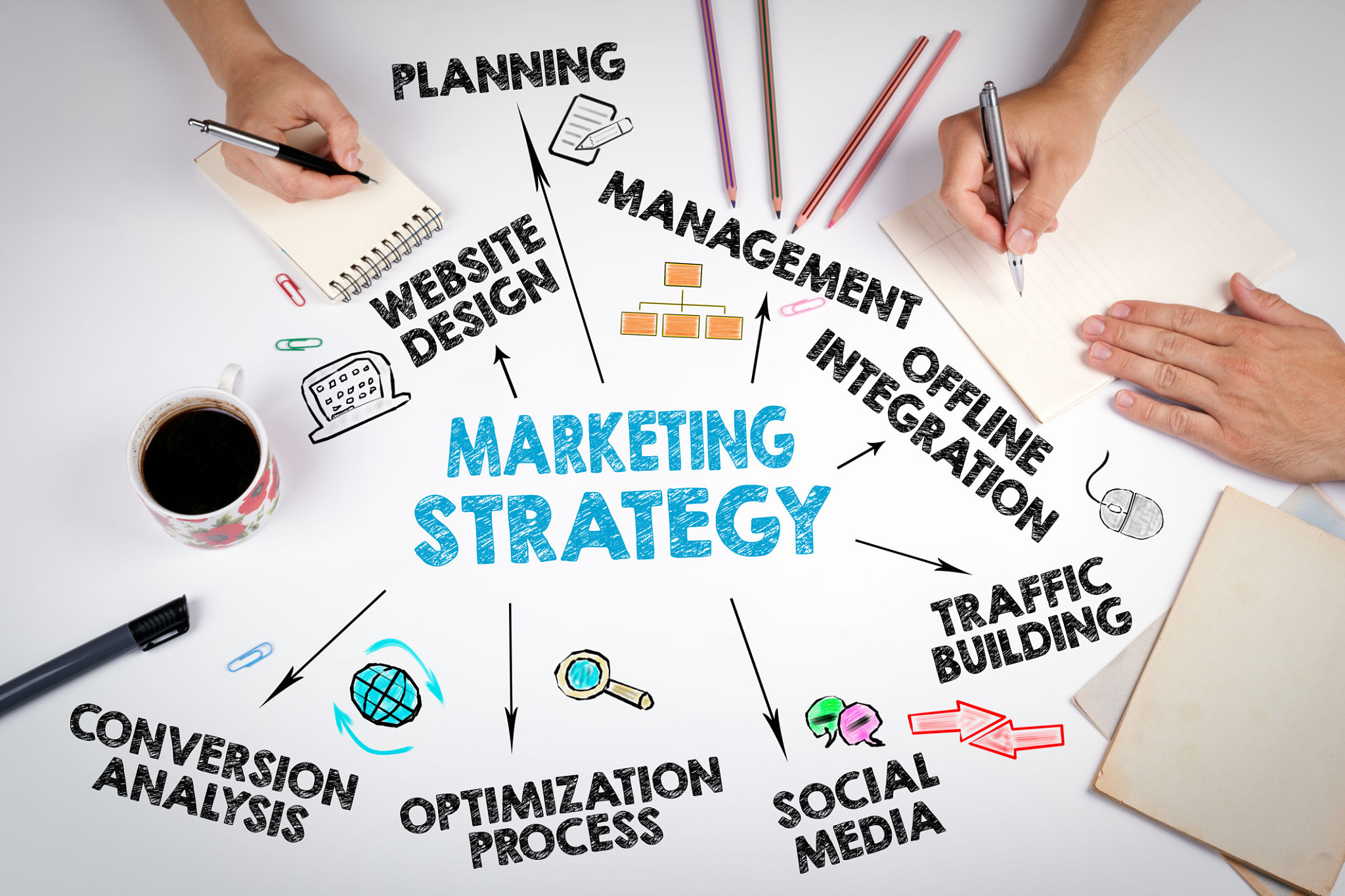A Comprehensive Guide to Content Marketing for Small Businesses
Understanding Content Marketing
Content marketing is a strategic approach focused on creating and distributing valuable, relevant, and consistent content to attract and retain a clearly defined audience. For small businesses, content marketing can be an invaluable tool for building brand awareness, engaging customers, and driving conversions. Unlike traditional advertising, content marketing aims to educate and inform rather than directly sell a product or service.
Small businesses can leverage content marketing to establish themselves as thought leaders in their industry, build trust with their audience, and ultimately drive profitable customer action. To get started, it's crucial to understand what content marketing entails and how it can be tailored to fit the needs of a small business.

Crafting Your Content Marketing Strategy
Developing a solid content marketing strategy is essential for success. Start by defining your goals. Are you looking to increase brand awareness, generate leads, or drive sales? Clearly outlining your objectives will guide your content creation process and ensure that your efforts align with your overall business goals.
Next, identify your target audience. Understanding who your customers are, what they value, and how they consume information is critical to creating content that resonates with them. Conducting market research and developing buyer personas can provide valuable insights into your audience's preferences and pain points.
Choosing the Right Content Formats
Content comes in many forms, and choosing the right format is key to engaging your audience effectively. Consider using a mix of the following:
- Blog Posts: Ideal for sharing in-depth information and insights.
- Videos: Highly engaging and perfect for demonstrating products or telling stories.
- Infographics: Great for presenting data or complex information visually.
- Podcasts: Excellent for reaching audiences on the go.

Creating High-Quality Content
Once you've chosen your content formats, it's time to focus on quality. High-quality content is informative, engaging, and valuable to your audience. To achieve this, ensure that your content is well-researched and accurately represents your brand's voice and values. Consistency in tone and style helps build trust with your audience.
Incorporate storytelling to make your content more relatable and memorable. Sharing real-life examples or customer success stories can help humanize your brand and foster a deeper connection with your audience.
Optimizing Content for SEO
Search engine optimization (SEO) is crucial for increasing the visibility of your content online. By optimizing your content for relevant keywords and phrases, you can improve your search engine rankings and attract more organic traffic to your website. Focus on creating keyword-rich headlines, using alt text for images, and incorporating internal and external links where appropriate.

Promoting Your Content
Creating great content is only half the battle; promoting it effectively is equally important. Utilize social media platforms like Facebook, Instagram, and LinkedIn to share your content with a broader audience. Engage with followers by responding to comments and encouraging discussions around your content.
Email marketing is another powerful tool for distributing content directly to your audience. Regular newsletters with links to your latest blog posts or videos can keep your subscribers informed and engaged with your brand.
Measuring Success
To determine the effectiveness of your content marketing efforts, it's essential to measure success using key performance indicators (KPIs). These may include website traffic, engagement rates, lead generation, and conversion rates. Analyzing these metrics will help you understand what's working and where improvements are needed.
Regularly reviewing and adjusting your strategy based on performance data will ensure that your content marketing remains relevant and effective in achieving your business goals.
